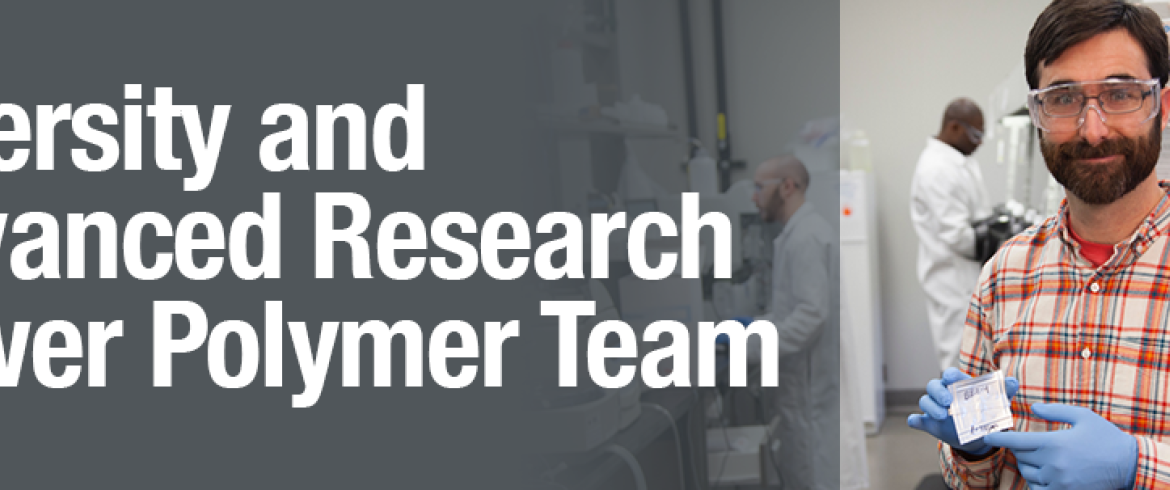
Dr. Daniel Hallinan, an assistant professor at the FAMU-FSU College of Engineering, was recently awarded an NSF CAREER award of over $550,000 from the National Science Foundation for his team’s work in polymers. The award will be distributed as a continuing grant over a five-year period.
Hallinan’s research involves the dynamics of polymer materials that have nanostructure. Nanostructure means a structure that has dimensions on a scale that is hundreds of times smaller than the width of a human hair. Structures at this scale have new properties due to their nanostructure.
Think of nanostructure properties in terms of a gecko that climbs a wall not because of any chemical adhesive, but because the gecko has many small structures in its body that allow it to climb up the wall.
By understanding the dynamics of these materials, Hallinan hopes to promote intelligent design in terms of permeability and toughness. The result of this research could be improved materials that can be applied in areas of energy sustainability in batteries, water treatment as well as in many other applications.
The NSF CAREER award is a prestigious award that supports early-career faculty who have the potential to serve as academic role models in research and education. Hallinan’s research efforts are enriched with a strong educational component that focuses on increasing multiculturalism in long-term STEM careers.
“We are looking at training a multicultural team of graduate and undergraduate students through their participation in advanced research and educational outreach,” Hallinan said. “The project’s educational goal of increasing multiculturalism in polymer and engineering communities will begin on a local level but be designed for implementation nationally. Right now, we are working with several rising sophomores. The goal is to train them with hands-on demonstrations of our research targeting middle school students, where research shows they get lost in STEM curriculum. “
Hallinan’s research success continues to grow. His team recently won LG Chem’s Battery Innovation Contest. The competition sought unconventional ideas that redefined the landscape of rechargeable batteries and addressed limitations related to power, energy, cost and safety. Hallinan’s research team was one of five winners selected to advance their efforts studying “Lithium Reactions in Solid Electrolytes that Resist Dendrites” and received an award of $150,000 for its work.
Research involving solid polymer electrolytes offers possible solutions for the widely used lithium ion batteries currently used in most devices. Think about your cellphone or your laptop. These batteries contain liquid electrolytes with flammable, organic solids. On YouTube, you can see numerous sensational videos showing batteries catching on fire after being abused. There are engineering controls to prevent these hazards but it would be preferable if batteries were inherently safe. One goal of this research is to make a safer, longer-lasting battery.
For more information on Dr. Hallinan’s work: https://www.eng.famu.fsu.edu/hallinan/
